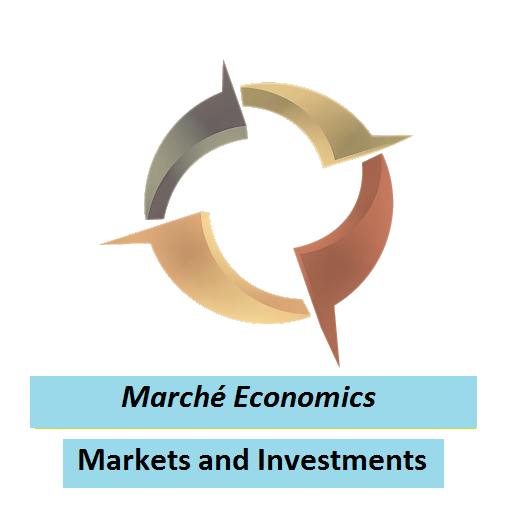I’ll start with the premise that most people, including those with resources in the markets, do not want or need overregulation. Social progressivity is therefore are desirable agenda. So too is classical liberalism in which there are free markets and limited government. With regard to economics, the limited government only addresses resource misallocation caused by market processes (i.e., under production of public goods, the existence of market externalities, decisions based on asymmetrical information, and excessive market concentration among unions and within industries). Failure to perform its duties may suggest inappropriate underregulation, but the possibility of underregulation is not the topic.
This means that classical liberal economic policy and social progessivity are both worthy agendas. The question then is why should we have to choose between 1) social progressivity and market overregulation or 2) social overregulation and classical liberal economic policies? The fact that we do means that both Democrats (choice 1) and Republicans (choice 2) are equally bad. In essence, they both are our enemies because they both want to gore someones ox through overregulation in one way or another.
That social progressivity maximizes personal choice and promotes personal liberty and that classical liberal economic policies do the same for individual self-interests within markets means that people and society achieve maximum utility and optimal resource allocation, which is equates to social and economic efficiency. What we need to do politically is find a way to promote overall efficiency rather than fight between who gets to overregulate what. The latter is simply not efficient and leads to a less social and economic welfare. For example, should we promote the immigrtation of low human capital laboers and at the same time reduce the number and range of economic opportunities for them to take advantage of because of market overregulation or should we eliminate market overregulation to increase economic opportunities and at the same time restrict immigrant labor that is most willing and able to take advantage of many of these economic opportunities. In either scenario, output is lost and so is economic efficiency.
Perhaps the solution is a third political party that seeks to maximize social and economic efficiency. The Libertarian party is not too far off from defaulting upon this agenda but the candidates seem weak and have not clearly defined their political aims. Consequently, they have failed to resonate with the public. If Libertarian’s can generate a cohesive political agenda aimed at promoting economic and social efficiency we might actually get somewhere.

